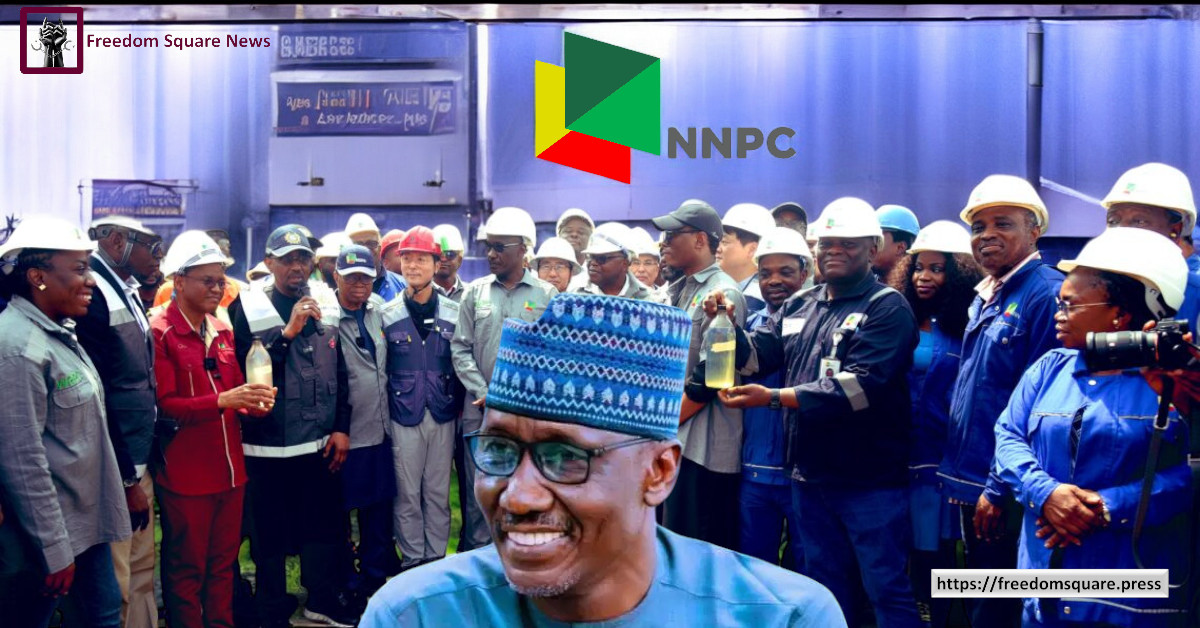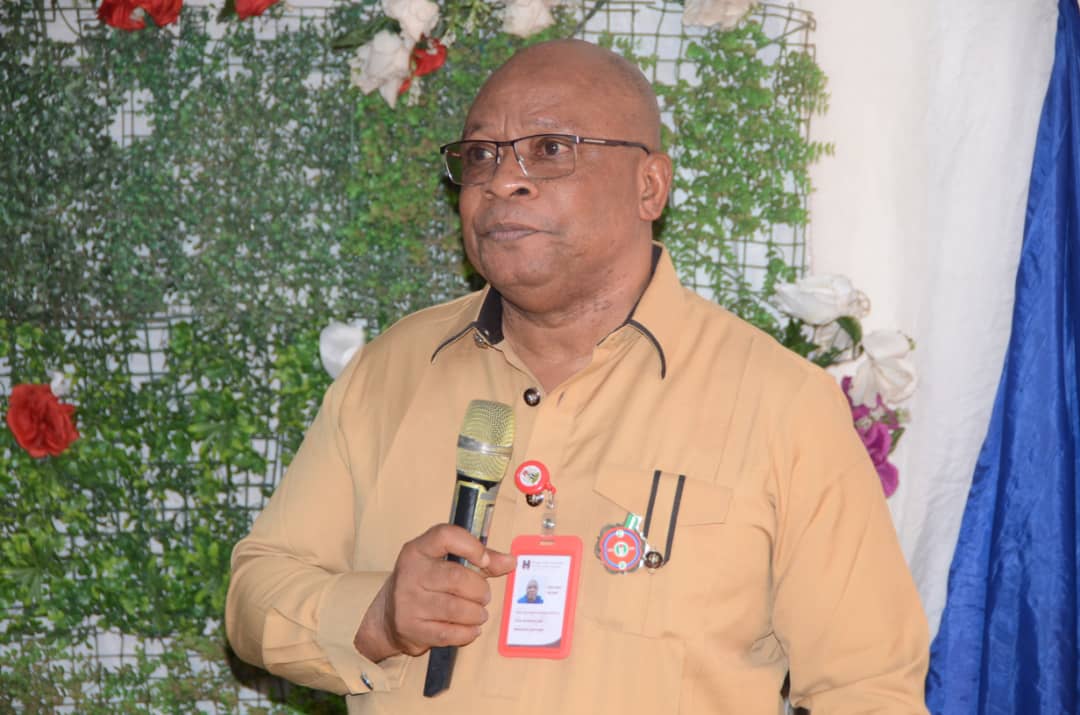In a bold stand for their demands, the National Association of Resident Doctors (NARD) in Nigeria has rejected the government’s 25 per cent increment in the basic salary of doctors, along with the accoutrement allowance.
As the strike enters its second month, the doctors are unwavering in their call for the full restoration of the Consolidated Medical Salary Structure to its 2009 value.
The ongoing nationwide total and indefinite strike, which commenced on July 5, has paralyzed medical services across the country, leaving thousands of patients without access to essential care. The NARD, a leading medical association, insists that they will not back down until the government takes substantial steps to address their grievances.
In a recent communique jointly signed by NARD’s President, Dr Orji Emeka Innocent, Secretary-General, Dr. Chikezie Kelechi, and Publicity and Social Secretary, Dr Uma Musa, the striking doctors branded the 25 per cent increment as ‘paltry’ and vowed to press on with their industrial action.
The crux of the matter lies in the healthcare sector’s dire need for additional funding and attention. The doctors demand immediate action on several fronts, including the release of a circular on the One-for-One policy to replace exited clinical workers, and the payment of outstanding salaries, arrears, hazard allowances, and promotion arrears to deserving members.
Furthermore, the doctors express their concern over the downgrading of membership certificates by the Medical and Dental Council of Nigeria (MDCN), warning that it could devalue postgraduate medical training in the country.
Amid the ongoing strike, hospitals are grappling with staff shortages, putting an immense burden on the existing healthcare workers. The depletion of clinical staff due to brain drain has become a pressing issue, risking the lives of patients and compromising the quality of care.
The doctors’ plea for a review of social policy and initiatives across the country aims to find a balance between societal needs for energy and resources and the rights of local and indigenous communities. Their focus extends to young care leavers who are significantly over-represented among the homeless population, demanding more attention to this vulnerable group.
As the stalemate continues, the government faces mounting pressure to address the doctors’ concerns promptly and find a resolution. The impact of the strike has sparked nationwide debates, with citizens voicing their concerns about the healthcare system and the well-being of patients.
Despite the ongoing challenges, the NARD remains steadfast in its mission to secure a better future for healthcare professionals and patients alike. As negotiations and discussions unfold, the nation awaits a decisive response from the government to end the protracted industrial disharmony in the health sector.



